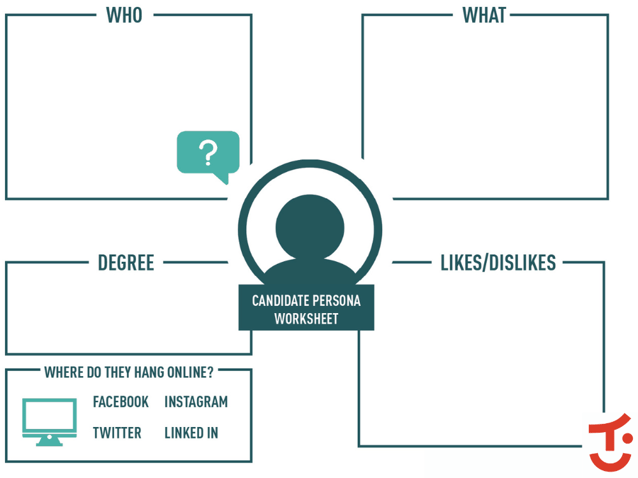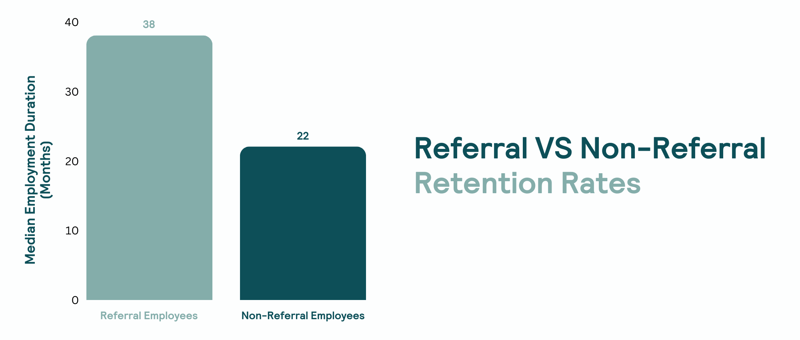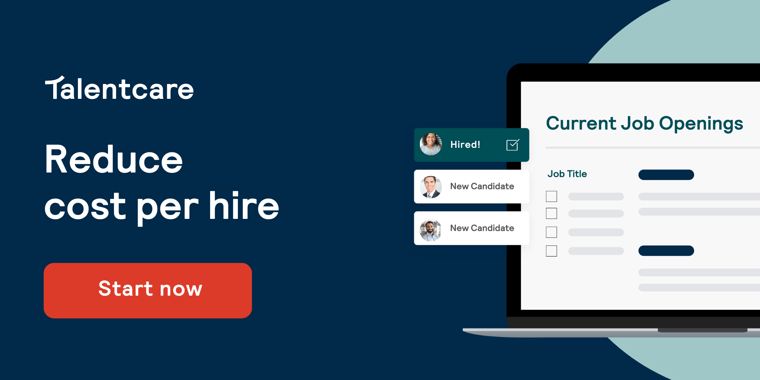Raise your hand if you’re the sole recruiter, HR lead, senior HR employee, or HR department of one at a small business. Maybe you are an operations person charged with overseeing HR and recruitment. We see you. OK, now raise your other hand and wave both in the air like you just don’t care (we know that you do care). That’s why you are here. Hi. Welcome to our blog. We’re here to help.
Every small business knows that the key to success is hiring the right people. When a large multinational makes a bad hire, it’s just another day for them. When small businesses make a bad hiring decision, it can directly affect key areas of the company, deliverables, and your consumer brand. And that really sucks.
Company leadership wants you to make amazing hires and you want that too, but when you present leadership with a budget proposal for recruitment marketing…let’s just say you haven’t gotten there yet. Why? Because it can involve a lot of money and a lot of time. But small businesses have one advantage when it comes to recruitment marketing.
Recruitment Marketing for Small Business is a Thing
(We Promise)
First, hang in there. We have some ideas on how to incorporate elements of recruitment marketing into your current talent attraction efforts without putting in loads of extra hours or waiting for the day when you can hire another one of you. What we’re really looking for is a way to reach candidates that are qualified, best-fit for your company, experienced, and with the skill sets you need. We can do it through targeting – and some of these functions are easier for small businesses to execute than it is for larger companies.
Identify your candidate persona(s). This is a profile of your ideal candidate – what they want, where they spend their time online, their skills and experience – basically your wish list of the traits your best employees have now. Going through the exercise of creating a candidate persona can help you isolate and target the exact candidates that match your ideal. We have a worksheet that can help you do this quickly.

Click to download Talentcare's Candidate Persona Worksheet
Go beyond the job boards. You don’t have to stick to massive job sites like Indeed and Glassdoor. Once you’ve created your candidate persona, you have an idea of where your ideal candidates might be hanging out online. You want to go there (by “there,” we mean niche sites like Hospitality Jobs for restaurant workers or Hospital Careers for healthcare professionals). Not having any luck online? Try implementing an employee referral program. Your employees already know the culture and expectations of the job so they know which of their friends/family/former colleagues would be a suitable fit. Plus, it’s a way to recruit faster and find better culture fits, both at a lower cost. That being said, an interesting stat from Zippia finds that the odds of a successful job match increases between 2.6% to 6.6% when a candidate is referred by a current employee.

Use the data you have. Your ideal candidates could be anywhere, but you can find them. How? Send a pulse survey (a quick email with one or two questions) to your current top employees in similar roles and ask them where they spend their time online (or their likes/dislikes…anything that can help you fill in the blanks on your candidate persona worksheet).
Spruce up your job postings. In most instances, small companies have a lot more freedom and flexibility around how they create job descriptions and job postings. You don’t have to get it approved by a board or committee and, well…you can kind of have fun with it. Boring job ads can give people the impression that your company is boring and talented people don't want to work for boring companies. So, don’t be boring…give life to your job ads. With some small changes, your job posting can be a true reflection of what it’s like to work for your company. Have a sense of humor? Let it out because here’s where you use it!

There are a lot of reasons why a candidate would choose to work for a small company over a multinational brand, and you’re working for a small company so you know exactly what those reasons are. More autonomy? Check. Less red tape? Check. Faster decision-making? Check.
The common thread: Finding your ideal candidate audience is key to successful recruitment marketing when you don’t have a dedicated recruitment or marketing team. Being more targeted in candidate outreach saves time (that you don’t have) and budget (that you might not have).
Talentcare works with companies of all sizes and devotes as much time to small businesses as to larger organizations. Also? Talentcare’s hiring platform is customizable, easy to use, and makes hiring easy by helping you attract more of the right job candidates. Discover the Talentcare way: drop us a line or slide into our DMs.
